The Future of AI in Website Development: How AI is Revolutionizing Web Design and Content Creation
Artificial Intelligence otherwise known as AI- the concept which was limited to sci-fi movies has developed in recent years from a futuristic topic into an initialized tool used across various industries. In website creation, AI-powered solutions are truly changing the game as to how websites get created, built, and managed drastically accelerating it in a smarter way that is also much more efficient.
By leveraging AI, developers can create personalized and interactive experiences that meet user expectations in real-time. By adjusting to these advancements, businesses, in turn, improve upon their competitive edge and free themselves of labor-intensive analog tasks. This shift unlocks new opportunities for developers, and designers as AI takes a central place in forging the net of tomorrow.

AI has also made a huge difference in the fields of agriculture, construction, and even tractor manufacture. We had seen how AI was changing the face of all industries by improving supply chains and making equipment smarter; so, we knew that someday it would transform web development also. Site building is an area that is going to have plenty of changes in the future as AI continues its evolution. In the context of web design, content creation, and online conversation that can be a tremendously powerful thing.
1. Designing and Layout customizations on the Web
The first and most recognizable by far of the imprints made on web development collectively would be AI in design. In the past, designers and developers would spend hours creating layouts of color pieces together to bring design concepts that speak directly to a target audience. AI has made it possible for these decisions to be dictated by immediate data analysis and user behavior patterns, in turn helping produce UI’s that resonate with people more creatively.
Design:
AI assists in analyzing user preferences on trending templates and designs to suggest new layouts that encourage visitor engagement. This way design choices are more informed and therefore become very articulated addressing the end user.
Dynamic web layout:
changes in Color schemes /font size/ and images based on history-prefs AI can personalize website layouts for the viewer by adjusting them dynamically so that they suit their needs or are already familiar with certain aspects.
Automated UI Design:
AI-powered tools can now take a big chunk of design suggestions for UI’s own elements off from the designer’s table freeing them up to work on more bigger and complex tasks.
2. Consistent content creation & optimization
Content creation is an essential part of website development and it has been so for ever. From blogs and reproduction descriptions to social media integration content is the magical component of not solely manufacturing internet traffic but conjointly compelling users. The way content is generated, edited, and made audience-friendly has changed a lot due to AI really taking suggestions in real-time.
Artificial Intelligence-powered Content: Via AI tools like GPT-3 and other language models, entire articles social media posts, or product descriptions can be created—saving a ton of time and effort on the part of content creators.
SEO Optimization:
AI-based tools analyze trends and use keywords in SEO to get rankings on search engines. It is a great fit for competitive keywords and sites that require fresh content
Natural Language Processing (NLP):
With NLP, AI can pretend to understand human text and script their stories just like a real person could. This means written content with genuine character in voice and tone that adheres authentically at every touch-point.
Personalize content :
AI creates personalized versions of your website for every user, based on their history with the brand or even as they navigate through it to make it more useful and engaging.
3. Highly personalized UX (User Experience) with the help of AI
User experience (UX) is a critical factor in the success of your website and AI plays quite an important role in enhancing it. Now, websites can use machine learning (ML) algorithms to tailor the content as per individual user wants on-the-go.
Behavioral Analytics:
AI studies click patterns, dwell time, and page navigation to predict user preferences opening at a very small extent the website would mold into visitor invasion.
Voice search:
With the growing usage of voice-activated devices, like Alexa or Google Home, AIs learn and adapt to enable websites to understand the way humans talk & questions as well in order to develop ways for people to find what they are looking for hands-free.
Chatbots and Virtual Assistants:
Powered by AI, chatbots help businesses provide customer services round-the-clock; they can answer queries, and guide customers through processes such as making payments online or troubleshooting problems.
Anticipatory UX Design:
AI will predict the user behavior & suggest what they would be next, making it a kind of proactive browsing experience that also helps in increasing satisfaction levels and engagement rates.
4. Automate the Mundane Task of Developing
Web development has many time-consuming and repetitive tasks e.g. coding, testing of your code, and debugging. AI-driven tools are making this operation work in a much simpler and easier way by automating it leaving the developers to concentrate on more productive and innovative stuff.
Automated Code Generation:
With the increasing capabilities of AI, coding can now be done from scratch with instructions provided by developers who will spend less time on basic coding tasks.
AI can sense the bugs and run tests at a speed that is much faster than human beings.
Adaptive Design Automation:
With the help of AI, websites can be adjusted to automatically modify webpages and components for various devices or display sizes, thereby enhancing user experience across all platforms.
5. Dynamic Content and Personalization
AI Natural Language tools are able to scrape a huge volume of web data, and this is what makes possible that extremely personalized experience based on the user. And personalization increases engagement, retention, and conversions by serving customers just what they are looking for.
Behavior-Based Content:
AI algorithms monitor website usage and serve up dynamic content that changes in real-time according to how users are interacting with different parts of a site.
Personalization can extend to, for example, e-commerce where AI is used in the power dynamic product recommendations based on past purchase data as well as browsing history.
Personalized Landing Pages:
AI can design custom landing pages based on the demographic, activity history, and even their physical location to deliver a more bespoke user experience.
6. Enhancing SEO with AI
Importance of search engine optimization (SEO) For organic traffic you also need a website to do SEO, there is no other way around it. SEO is also much simpler because of AI; ensuring that your company ranks high on search engines has never been so effortless.
Automated Keyword Research Providing AI insights into search trends in your business niche, so you increase effectiveness when planning SEO with highly relevant keywords and phrases.
Content Gap Analysis:
AI can pinpoint holes in the content that competitors are filling and lead your business to write additional similar content, thus expanding your audience.
Adaptation for Voice Search:
As voice search becomes more popular, AI can optimize content to fit conversational queries and in turn, improve SEO for users that rely on “voices”.
7. Web Design Accessibility & Inclusivity
This is why AI plays a pivotal role in helping to develop websites that are accessible to people with disabilities. There are two ways AutoA uses AI to automate accessibility compliance: helping developers create accessible websites and enabling them to do it quickly.
Artificial Alt Text Generation: AI can produce alt text for the images on a homepage to make it more user-friendly and improve its accessibility, especially when we are talking.
It is already available that websites can receive voice commands with AI enabled so this feature will help the users who have less mobility to navigate between pages easily.
AI Transcription Services:
AI-driven transcription also allows you to add captions in your videos which better serves the hearing-impaired.
8. Prediction and Predictive Analytics
AI: Another area where AI boasts the power of its capabilities is predictive analytics. With the ability to crunch extensive volumes of data, AI enables web developers with insights that will help them make decisions related to user needs, design choices, and site performance which we might miss while measuring in any conventional fashion.
Anticipating Visitor Behavior:
With this AI enables the developer to predict what are the common behavior scenarios for a user, so they can lay out modules and navigations accordingly.
Instantaneous Analytics:
AI features to monitor website activity in real-time and collect useful historical data about viewer experience and how it is using changes could be made without the need for manual data collection.
9. Future AI Trends in Web Development
AI is here to stay, and as the technology continues to develop we can anticipate it taking an even bigger role when further disrupting website development. What some of them might look like in the future.
AR Integration:
On the other hand, AI-powered AR features will let users covertly interact with 3D objects on the website and make it a real immersive experience.
With that said, along with further development of AI technology in general, comes the expansion of AI as an effective weapon used by cyber criminals operating on a larger scale than ever before to present increasing threats and challenges for website maintenance.
It is possible that web navigation will soon become very common through voice commands, letting users move around a website without lifting so much as one finger.
AI-Generated Graphics and Media:
AI helps in creating visual ( images, videos ) content that resonates with the brands’ image balance of workload on design/content creators.
Conclusion
AI is providing revolutionary development in the website environment, creating a vibrant and visually agile process that uses its power to make stunning websites very accessible. AI automates repetitive tasks and makes things like personalization easier to provide both of which are key to removing some tedium from the day-to-day for developers and content creators, allowing them instead to focus on innovation or strategic planning. Adopting AI in web development is becoming a touchstone for modern businesses, not just to stay current with the ever-changing industry regulations and standards but also to provide an ultra-competitive user experience that fulfills up-to-date requirements.
So, there is a shiny future for Website Development with AI in the coming years. With AI tools that are able to offer greater configurability and insights on websites, developers will also be able to develop sites that not only work but adaptively adjust based upon the requirements of consumers. No matter what scale of organization a business is, using AI will be there to ensure that the websites are not just incompetent but also work wonders on getting visitors’ attention and ensuring they stay engaged during their visit.
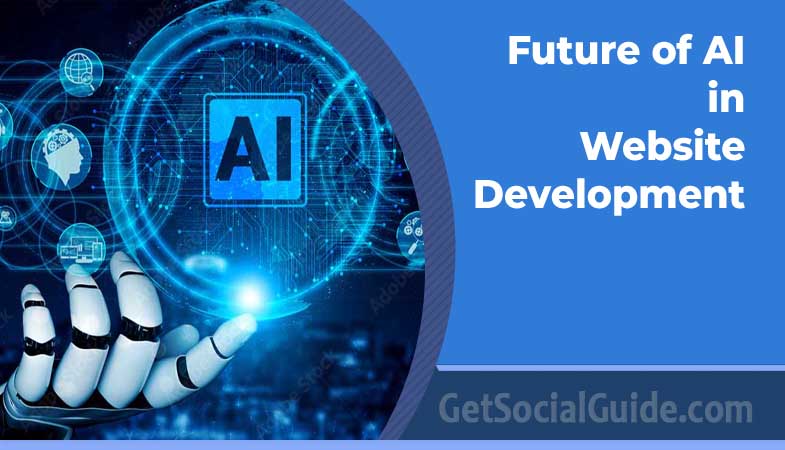

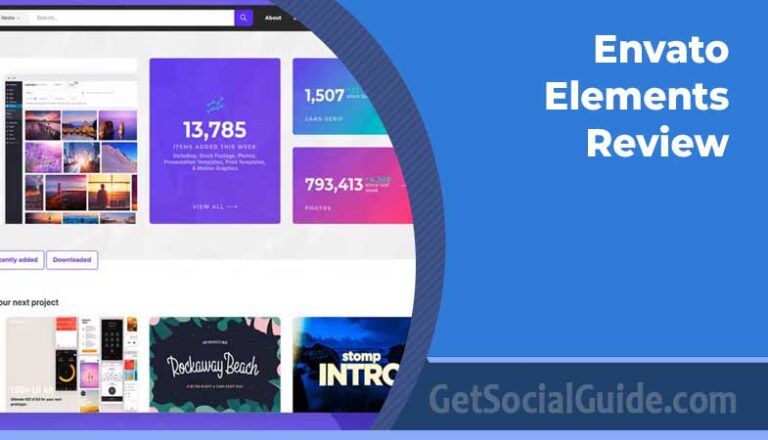
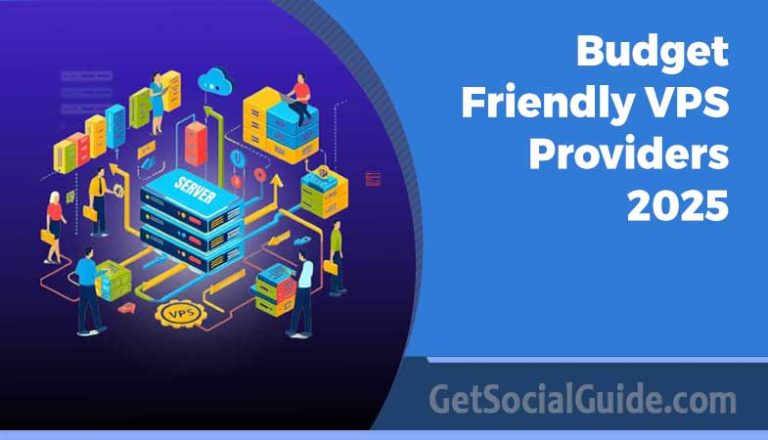
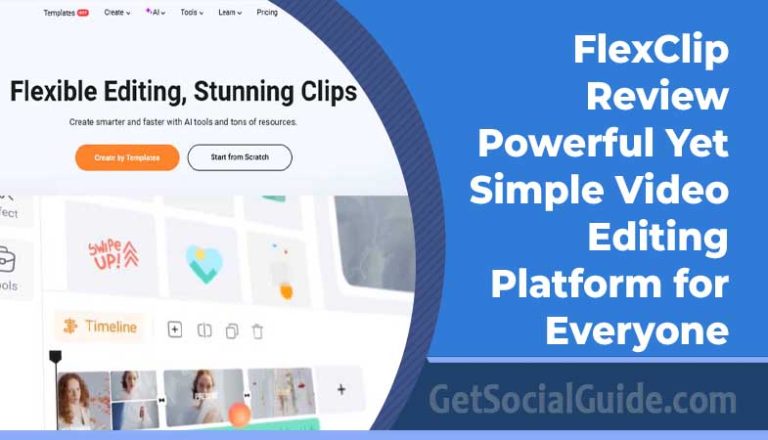

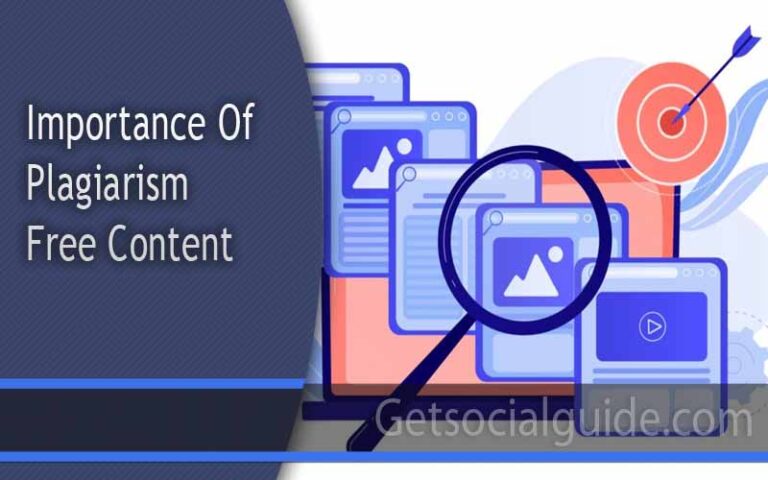
Nice blog thanks for sharing it content is easy to understand
Thanks for nice comments, keep reading and sharing